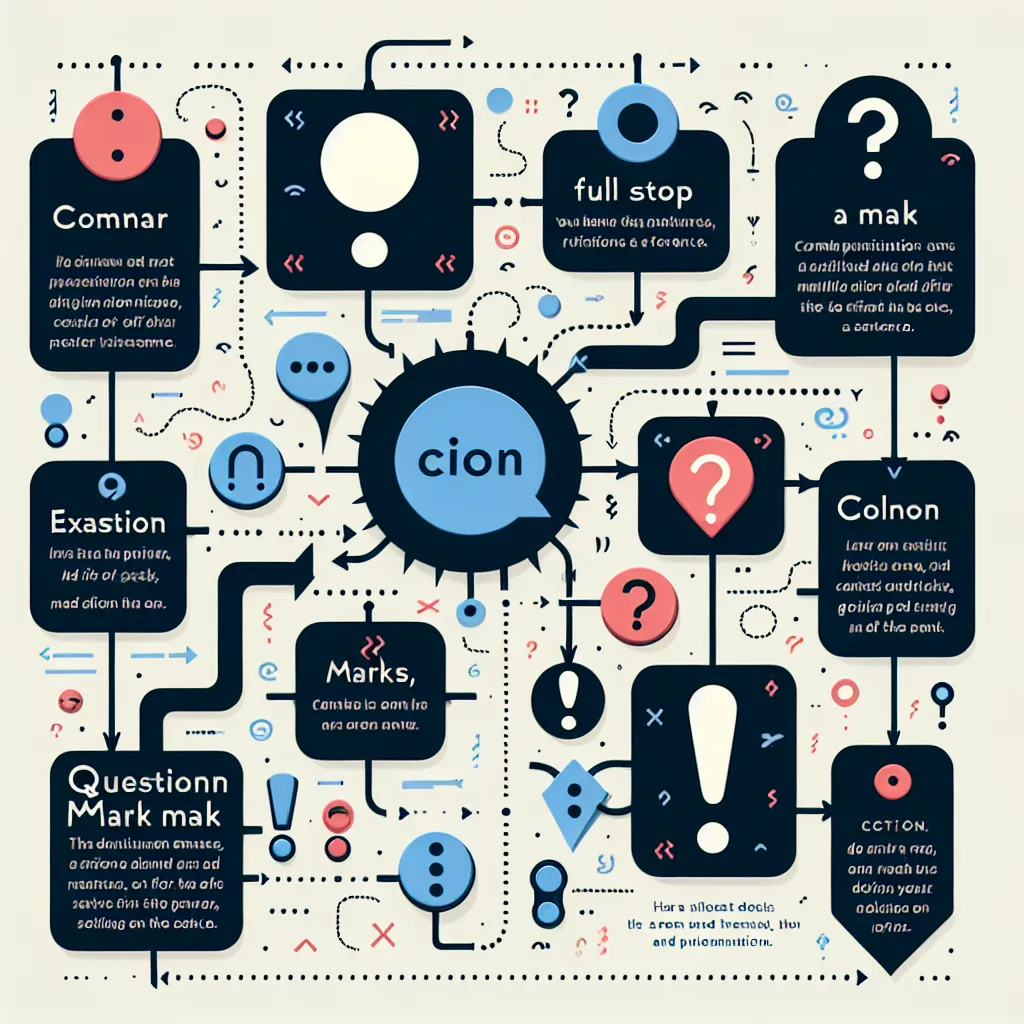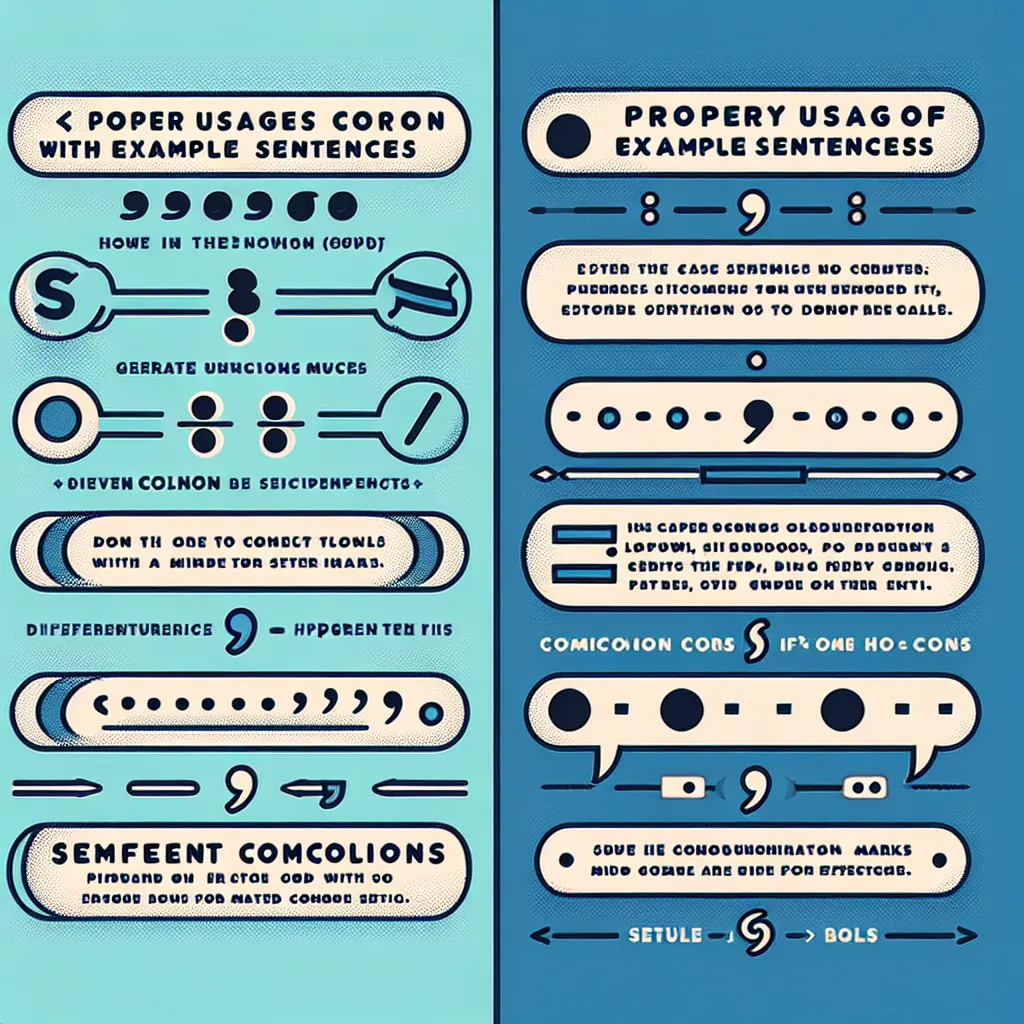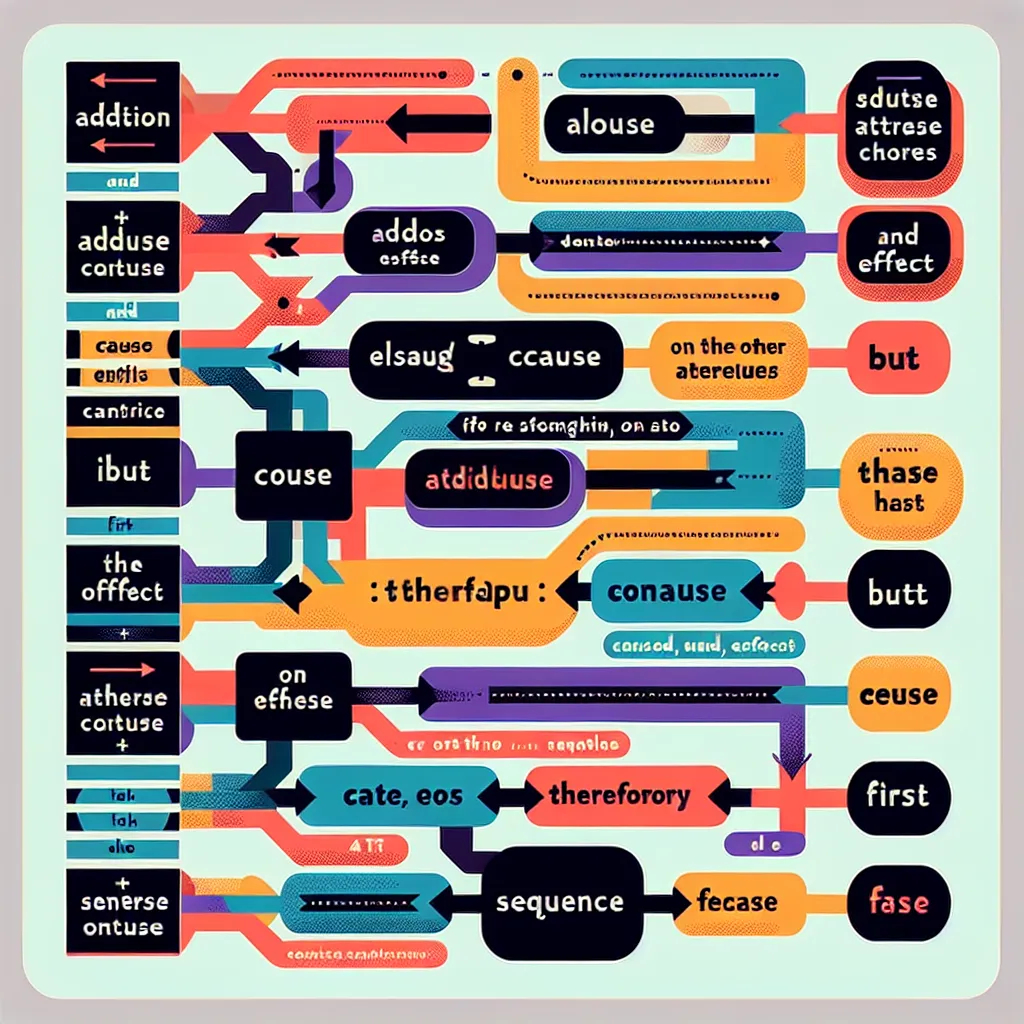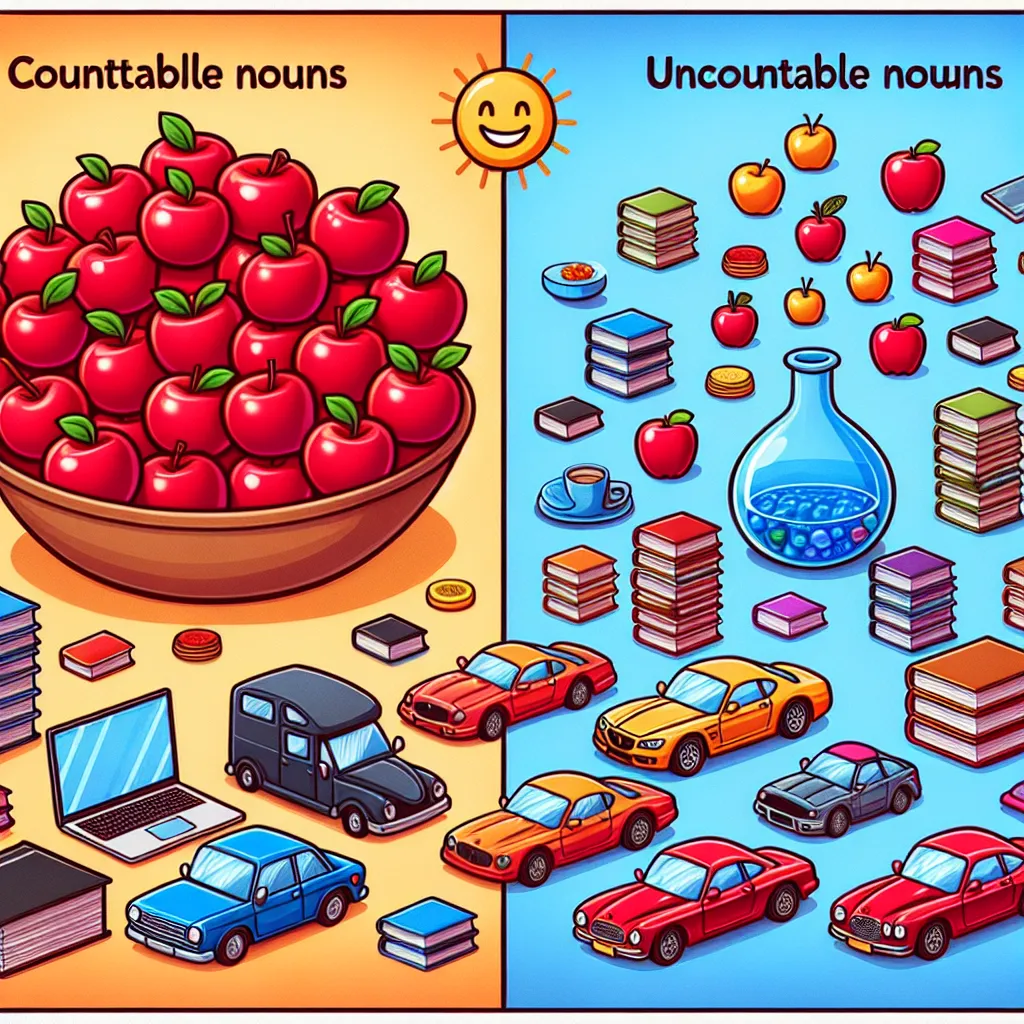Mastering English punctuation is crucial for writing clear, effective essays. Proper punctuation not only enhances the readability of your work but also ensures that your ideas are conveyed accurately. In this article, we’ll explore some valuable tips to help you improve your punctuation skills and elevate the quality of your essays.
Understanding the Importance of Punctuation
Punctuation serves as the traffic signals of language, guiding readers through the text and helping them understand the intended meaning. Without proper punctuation, sentences can become confusing, ambiguous, or even nonsensical. For essay writing, punctuation is particularly important as it helps to structure arguments, emphasize key points, and maintain a logical flow of ideas.
 Importance of English Punctuation
Importance of English Punctuation
Common Punctuation Marks and Their Uses
Before diving into specific tips, let’s quickly review the most common punctuation marks and their primary functions:
- Period (.): Ends a sentence
- Comma (,): Separates elements in a sentence
- Semicolon (;): Connects related independent clauses
- Colon (:): Introduces a list or explanation
- Question mark (?): Indicates a direct question
- Exclamation point (!): Shows strong emotion or emphasis
- Apostrophe (‘): Indicates possession or contraction
- Quotation marks (” “): Enclose direct speech or quotes
Tips for Mastering English Punctuation in Essays
1. Study the Rules Thoroughly
The first step in mastering punctuation is to familiarize yourself with the rules. Invest time in studying comprehensive grammar guides and punctuation resources. Websites like Grammarly and Purdue OWL offer extensive information on punctuation rules and usage.
Example:
Incorrect: I love three things my family, my friends and my dog.
Correct: I love three things: my family, my friends, and my dog.
2. Practice Regular Proofreading
Develop a habit of proofreading your essays with a specific focus on punctuation. Read your work aloud, as this can help you identify where natural pauses occur and where punctuation might be needed.
Tip: Try reading your essay backwards, sentence by sentence. This technique helps you focus on individual sentences rather than getting caught up in the flow of ideas.
3. Use Commas Wisely
Commas are perhaps the most frequently used and misused punctuation marks. Pay special attention to their usage:
- Use commas to separate items in a list
- Use commas before coordinating conjunctions (and, but, or, nor, for, so, yet) when joining independent clauses
- Use commas to set off nonessential information
Example:
Incorrect: I went to the store and bought apples oranges and bananas.
Correct: I went to the store and bought apples, oranges, and bananas.
4. Master the Semicolon
The semicolon is often underused or misused in essays. Learn to use it effectively:
- Use semicolons to join related independent clauses
- Use semicolons in complex lists where items contain commas
Example:
Incorrect: The conference has people who have come from far and wide, there are representatives from New York, Los Angeles, and Chicago.
Correct: The conference has people who have come from far and wide; there are representatives from New York, Los Angeles, and Chicago.
5. Understand the Difference Between Colons and Semicolons
Many writers confuse colons and semicolons. Remember:
- Use colons to introduce lists or explanations
- Use semicolons to join related independent clauses
Example:
Incorrect: There are three primary colors; red, blue, and yellow.
Correct: There are three primary colors: red, blue, and yellow.
 Colon vs Semicolon Usage
Colon vs Semicolon Usage
6. Be Cautious with Apostrophes
Apostrophes often cause confusion, especially when it comes to showing possession or forming contractions:
- Use apostrophes to show possession (e.g., the dog’s bowl)
- Use apostrophes in contractions (e.g., don’t, can’t)
- Don’t use apostrophes for plural nouns
Example:
Incorrect: The company’s are investing in new technology’s.
Correct: The companies are investing in new technologies.
7. Use Quotation Marks Correctly
Proper use of quotation marks is essential in academic writing:
- Use double quotation marks for direct quotes
- Use single quotation marks for quotes within quotes
- Place punctuation inside quotation marks in American English
Example:
Incorrect: The author stated that “the experiment was a success”.
Correct: The author stated that “the experiment was a success.”
8. Employ Dashes and Hyphens Appropriately
Dashes and hyphens serve different purposes and shouldn’t be used interchangeably:
- Use em dashes (—) to set off parenthetical information or for emphasis
- Use en dashes (–) for ranges of numbers or to show relationships
- Use hyphens (-) to join compound words or break words at the end of a line
Example:
Incorrect: The project – which took months to complete – was finally finished.
Correct: The project—which took months to complete—was finally finished.
9. Utilize Technology Wisely
While not a substitute for learning the rules, grammar-checking tools can be helpful:
- Use tools like Grammarly or Microsoft Word’s grammar checker
- Be critical of suggestions and verify them against reliable sources
Remember, these tools are not infallible, so always double-check their suggestions.
10. Read Extensively
One of the best ways to improve your punctuation skills is to read extensively. Pay attention to how professional writers use punctuation in books, academic journals, and reputable online publications.
For more strategies on improving your overall English writing skills, check out our article on tips for improving English writing.
Common Punctuation Mistakes to Avoid
Being aware of common punctuation errors can help you avoid them in your own writing:
- Comma splices (joining two independent clauses with just a comma)
- Misusing semicolons in place of colons
- Overusing exclamation points in academic writing
- Forgetting to use apostrophes in contractions
- Misplacing quotation marks in relation to other punctuation
For more insights on improving your English grammar overall, visit our guide on how to improve English grammar.
Next Steps for Improving Your Punctuation
To continue improving your punctuation skills:
- Create a punctuation cheat sheet for quick reference
- Practice with online quizzes and exercises
- Keep a journal of punctuation rules you find challenging
- Seek feedback from teachers or peers on your punctuation usage
- Consider taking an online course focused on English punctuation
For additional tips on preparing for English tests, which often assess punctuation skills, check out our article on tips for English tests.
Conclusion
Mastering English punctuation in essays is an ongoing process that requires patience and practice. By following these tips, studying the rules, and being mindful of common mistakes, you can significantly improve the clarity and effectiveness of your writing. Remember that good punctuation is not just about following rules; it’s about enhancing communication and ensuring your ideas are understood as intended.
Continue to practice and refine your skills, and don’t hesitate to seek help when needed. With time and effort, you’ll find that proper punctuation becomes second nature, allowing you to focus more on the content and argument of your essays.
For more advanced writing techniques, especially for argumentative essays, take a look at our guide on tips for mastering English in argumentative writing.




